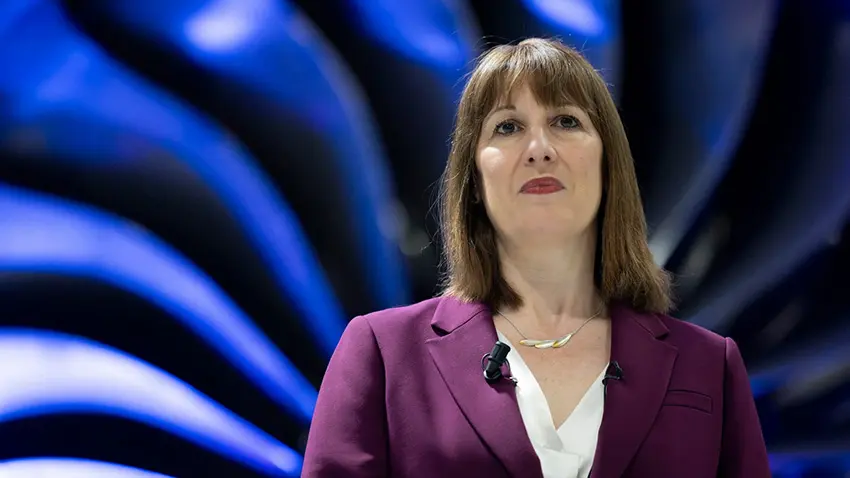Britain has recorded the steepest decline in hiring intentions of any major European economy, as employers struggle with the fallout from last autumn’s £26bn payroll tax raid and brace for another squeeze in the Chancellor’s November Budget.
Data from recruiter ManpowerGroup UK shows the UK labour market is slowing at a pace unmatched elsewhere in Europe. Before last year’s Budget, 41 per cent of British employers planned to expand their workforce, while only 13 per cent expected to make cuts — a positive gap of 28 points.
That margin has since collapsed to just 11 points, marking a 17-point fall over the past year. By contrast, the decline in France was eight points and in Germany only five.
Petra Tagg, director at ManpowerGroup UK, described the situation as “a tough outlook for the UK.”
“Whereas last year the same pressure was being felt across Europe, this year the UK labour market is steering its own course and it’s unlike one we’ve faced before,” she said.
The slowdown extends a three-year decline in hiring since the post-Covid boom, with the downturn now longer-lasting than the slump that followed the 2008 financial crisis.
The figures come as Chancellor Rachel Reeves prepares to raise a further £20bn–£30bn in her autumn Budget, according to Treasury insiders. Last year she placed the bulk of a record £40bn tax increase on employers, pushing up payroll costs at a time when productivity growth has flatlined and inflation remains stubborn.
Ms Tagg warned that further hikes could drive companies to invest in artificial intelligence and automation rather than hiring staff.
“The UK economy has stalled and with it so has hiring. The labour market has been moving at an almost glacial pace for months,” she said.
“What’s needed now is a corrective course of action – relief on employment costs, clarity on policy timelines and bold investment in long-term infrastructure and pragmatic innovation.”
The Treasury defended its record, pointing to a recent Lloyds Bank survey showing business confidence at its highest in over a decade. A spokesman said: “Three hundred and eighty thousand jobs have been created since the start of this parliament. We are a pro-business government which has seen interest rates fall five times, struck three major trade deals with the EU, US and India, reformed business rates and capped corporation tax at 25 per cent.
“We are delivering on our Plan for Change to put more money in the pockets of working people because years of instability and underinvestment have left an economy that is not working for them. We are investing in Britain’s renewal to reward working people.”
But with hiring momentum at its weakest in years, employers remain wary that further tax rises will extend the slump — and risk leaving Britain even further behind its European competitors.


